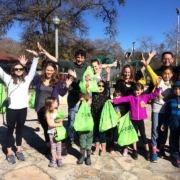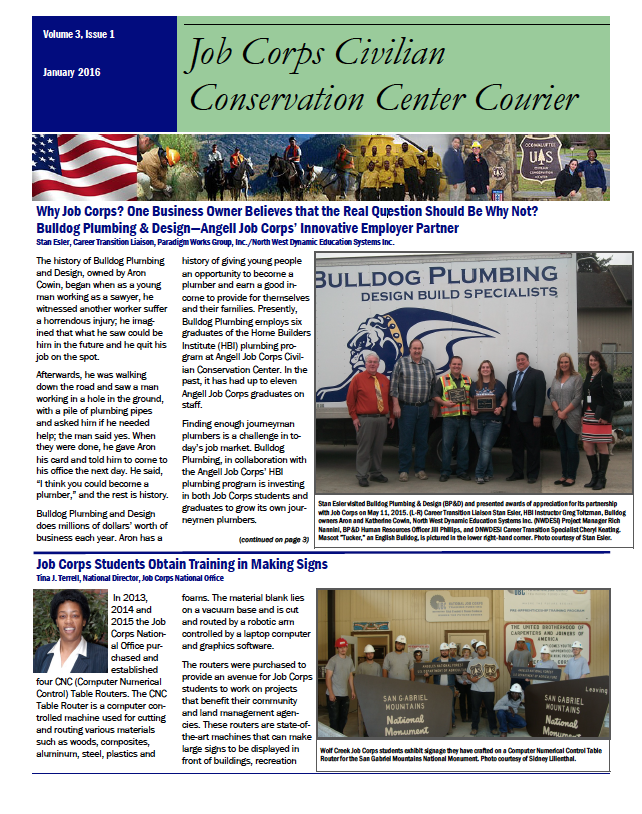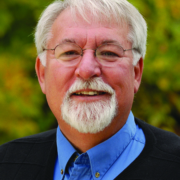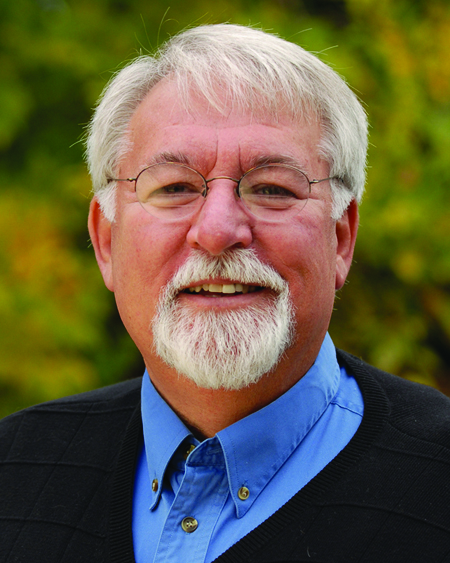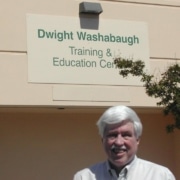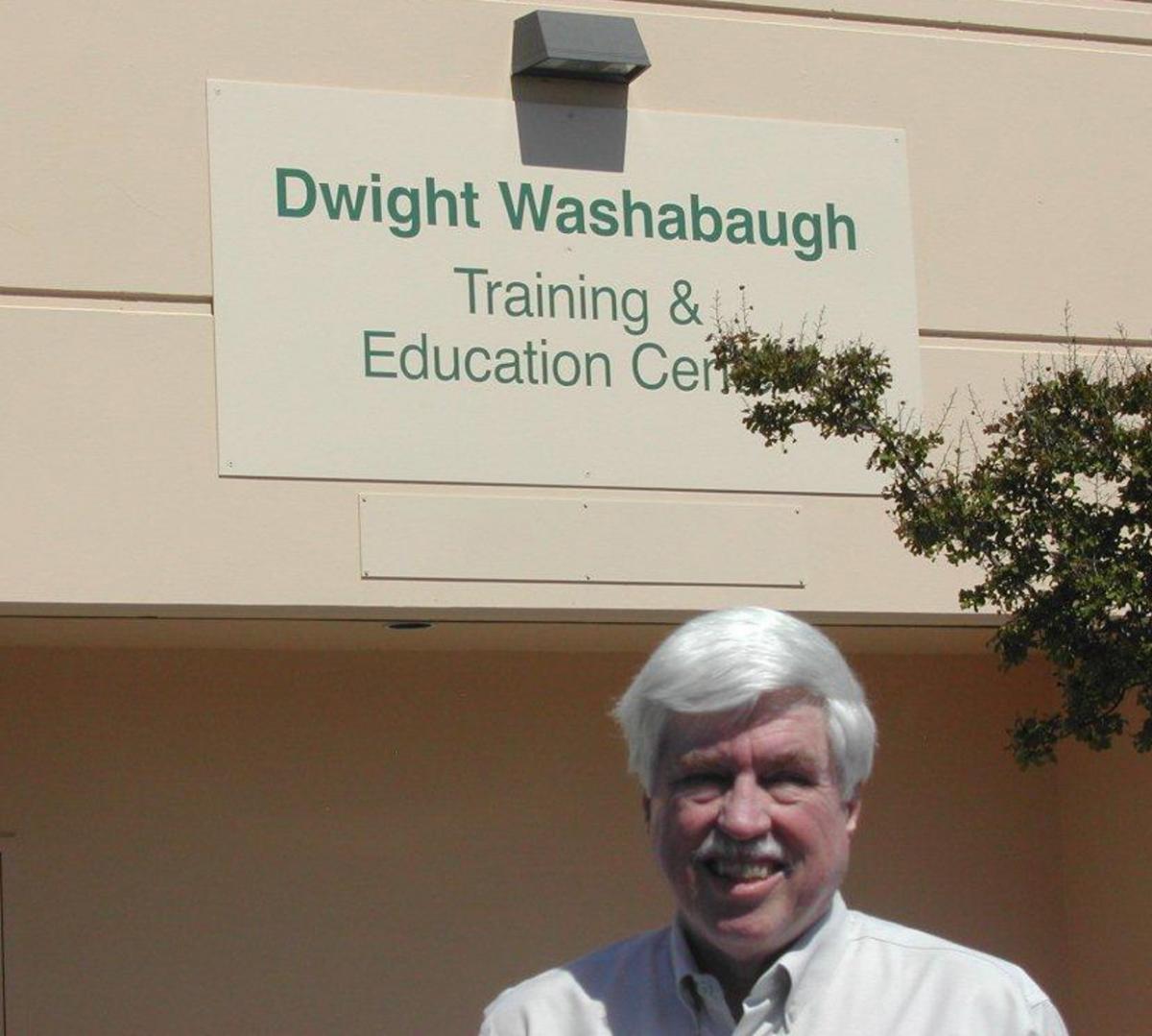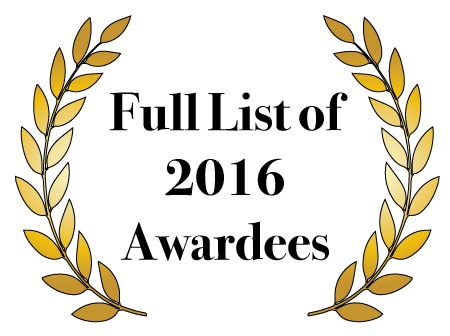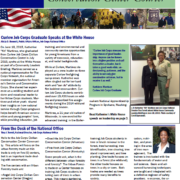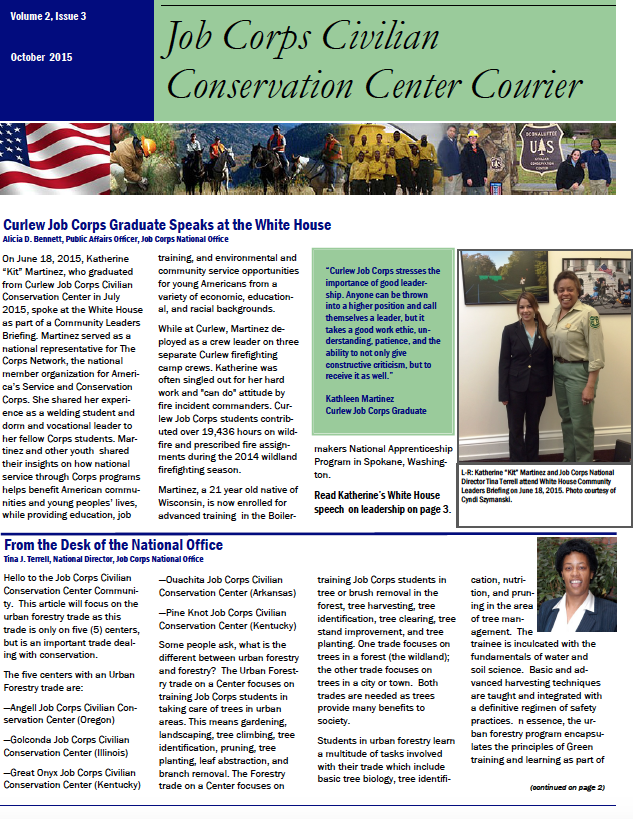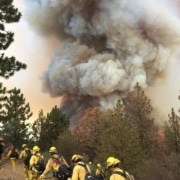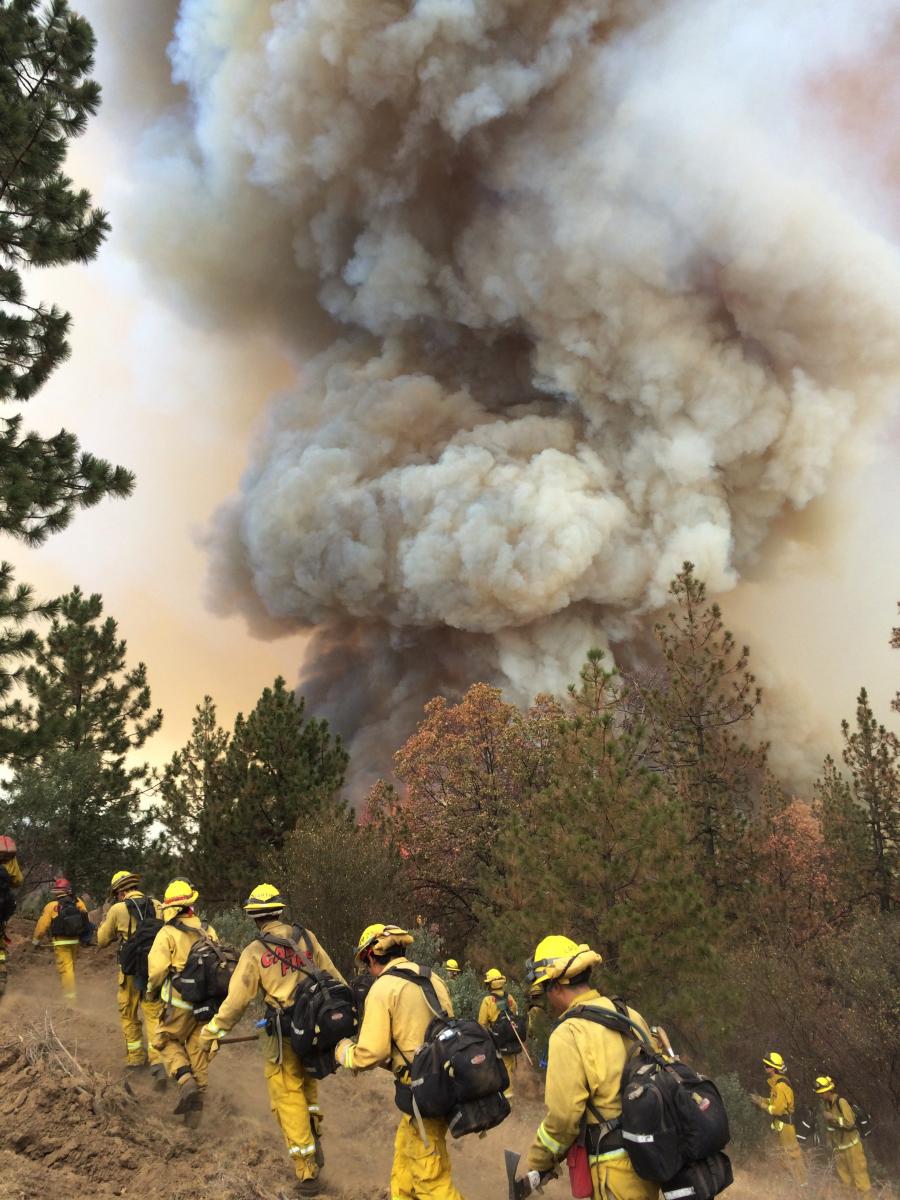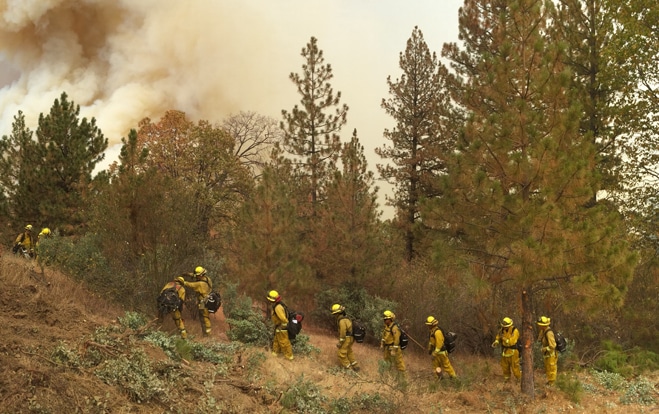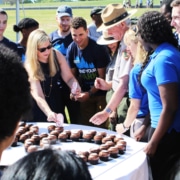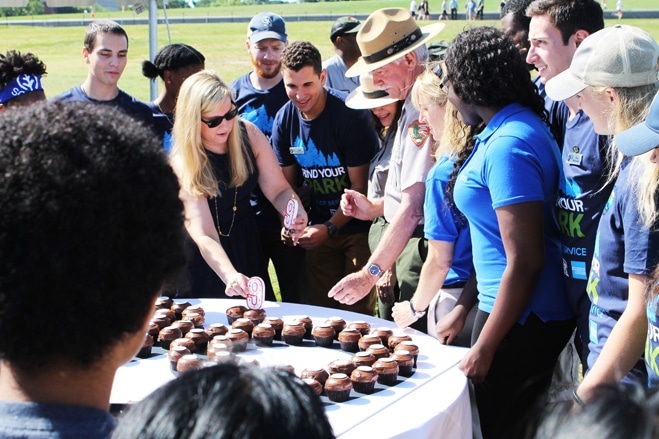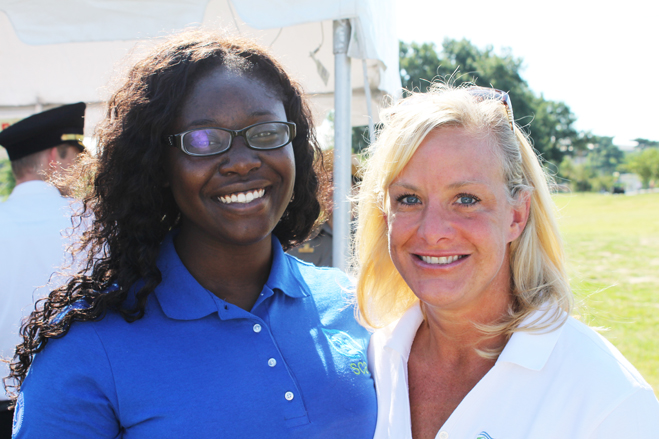Corpsmember Perspective: Let’s Move! Outside – YMCA San Antonio
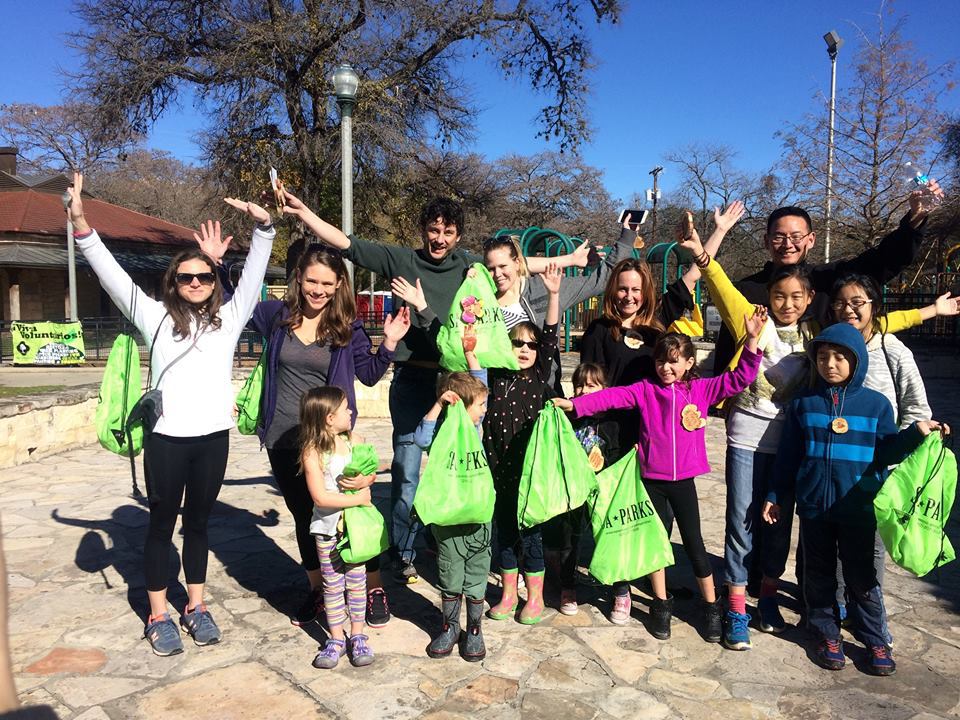
Chloe Crumley is one of The Corps Network’s AmeriCorps EAP members who is serving at a local YMCA location as part of Let’s Move! Outside initiative. As a member of Texas Conservation Corps, Chloe is based out of YMCA of Greater San Antonio.
Texas Conservation Corps
Let’s Move! Outside has been an adventure. I may not be scraping my knees or climbing mountains in the most literal since, but figuratively, I have done just that. It all started with our summit in August 2015 in San Antonio, which was two days after I began as the AmeriCorps member with the initiative. I only vaguely knew what the initiative was about, but I did know I love being outside, I love being an advocate for the outdoors, and I’m excited for the opportunity to reach more people in my community to find that feeling and love of nature as well.
The beginning trek. The first summit had over 50 people in attendance from over 20 different organizations in and around San Antonio. In those three-hours we were able to discuss the outdoor opportunities this city has, the volunteer chances, and how we can all work together to better our existing programs. It was a fabulous event where passionate people were able to meet others in their same field and mind set of the outdoors and youth. That summit really lifted off our initiative and got many people and organizations excited for the future.
The first cross road. Now that the initiative had some excitement, I thought moving forward would be a breeze; however, due to my own excitement of getting youth and the community involved in the outdoors, I started running before I ever knew where I was going.
When the initiative was given to us, it stated two things: 1. We want 10,000 youth volunteers in each city and 2. There are four pillars – Play, Learn, Serve, Work.
The rest was up to us.
Climbing up hill. The openness of Let’s Move! Outside that was given to us, has the benefit of truly creating an initiative that fits our city and our needs, but the downside of little to no structure has meant a longer amount of time getting our footing. For a few weeks we worked on getting more partners involved and interested while we figured out the best way to find a mutually beneficial arrangement of their role in LMO. We worked on establishing a dedicated steering committee which has been a large part of our success. Then with that steering committee, we were able to work on a mission statement, develop goals, and decide our next steps with LMO.
The view. I know we have not reached our peak yet and even though we have fallen a few times and lost partners or fumbled with program development, we are now coming across a beautiful view. A couple of accomplishments in our journey have been:
- A new program with Parks and Recreation Youth Programs and the National Historic Missions where youth are taught about the missions and parks and then taken to the missions to complete their Junior Ranger Training
- A weekly educational hike at Hill Country Natural Area State Park specifically for youth
- The first ever volunteer day with The Doseum and its members to have a family friendly outdoor volunteer day
- Having the YMCA come out to the volunteer Arbor Day and do zumba with volunteers,
- (And my favorite) A steering committee member from East Central ISD was committed and took a group of students to Big Bend National Park to learn, discover the park, volunteer, and express their passions to their peers when they returned.
The overlook. Most recently, I have been working with community members around San Antonio who are interested in volunteering and just need some help finding places to go, so it has been my pleasure to match families and businesses to opportunities. We also just had our SECOND summit for Let’s Move! Outside where we were able to discuss our goals and what the community needs from us. The most brought up resource needed is a website with calendars, partner resources, etc. so that is our #1 priority. At the second summit,we were glad to see organizations attend who have not been a part of the initiative. It proved that there are many people who could benefit from us, we just need to continue reaching out to them. We are also excited for the expansion of some volunteer days in our city like “It’s My Park Day” and “National Public Lands Day” thanks to LMO.

